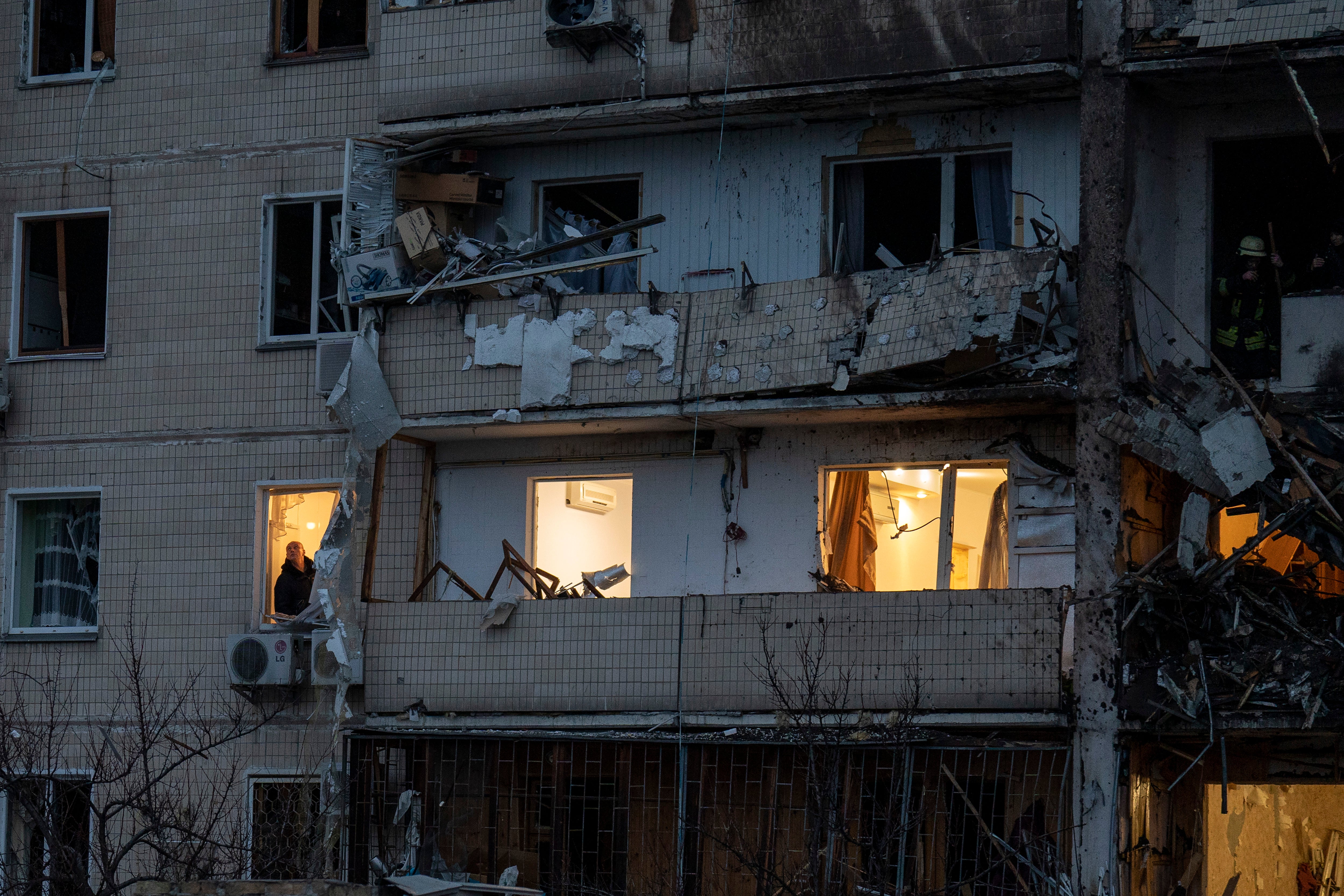European Space Agency to keep working with Russia on ISS and trip to Mars despite Ukraine war

Your support helps us to tell the story
From reproductive rights to climate change to Big Tech, The Independent is on the ground when the story is developing. Whether it's investigating the financials of Elon Musk's pro-Trump PAC or producing our latest documentary, 'The A Word', which shines a light on the American women fighting for reproductive rights, we know how important it is to parse out the facts from the messaging.
At such a critical moment in US history, we need reporters on the ground. Your donation allows us to keep sending journalists to speak to both sides of the story.
The Independent is trusted by Americans across the entire political spectrum. And unlike many other quality news outlets, we choose not to lock Americans out of our reporting and analysis with paywalls. We believe quality journalism should be available to everyone, paid for by those who can afford it.
Your support makes all the difference.The European Space Agency will continue to work with Russia on all of their shared projects, despite the ongoing war, it has said.
The statement echoes Nasa’s commitment to continue to collaborate with the Russian space agency as normal. All three space agencies work on a range of projects, including the International Space Station and taking astronauts to and from the floating laboratory.
Now Europe has confirmed that all of the ongoing programmes will continue as normal, but that it will “monitor the evolving situation”.
“Notwithstanding the current conflict, civil space cooperation remains a bridge,” said Josef Aschbacher, ESA’s director general, in a tweet.
“ESA continues to work on all of its programmes, including on ISS & ExoMars launch campaign, in order to honour commitments with Member States & partners. We continue to monitor the evolving situation.”
Like Nasa, ESA currently has an astronaut on board the International Space Station: Matthias Maurer. He is there with four Nasa astronauts – Mark Vande Hey, Raja Chair, Thomas Marshburn and Kayla Barren – and two Russian cosmonauts, Anton Shkaplerov and Pyotr Dubrov.
As well as the International Space Station, a major focus for both space agencies is the ExoMars programme, which attempts to examine the red planet for any signs of life.
Under that programme, a Russian lander called Kazachok will carry a European rover named Rosalind Franklin to the surface of Mars.
That equipment is due to leave from the Russian-operated Baikonur Cosmodrome in September, ahead of a planned arrival in June 2023.
The two space agencies also work together on the Trace Gas Orbiter, which arrived on Mars in 2016.
Join our commenting forum
Join thought-provoking conversations, follow other Independent readers and see their replies
0Comments